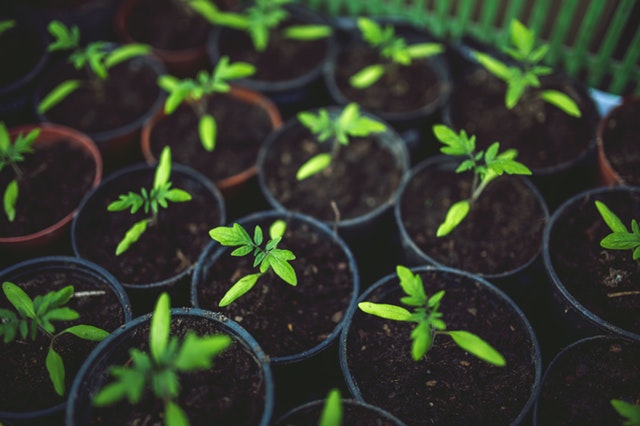
Composting 101: How to Learn to Love your Garbage
As you place your recycling in the yellow-topped bins, have you ever wondered could you do more with your mixed waste garbage?
The answer is yes!
Farmers have been taking their mixed waste garbage and turning it into compost and mulch for their crops and gardens for years. It not only saves them money but it eliminates chemicals that are harmful to their farm.
If you have a large crop, a tiny backyard garden, want to start your own urban oasis, or just want to treat the environment better, composting could be for you.
DIY (do-it-yourself) composting is easier than most think.
You can purchase a compost bin for your composting needs. They are now designed for all kinds of spaces from apartments/small spaces, gardens, and more. All you need to do is buy the one that suits your need.
Another way is feeding your mixed waste to a worm farm. If worms don’t make you squirm, you can create your own worm farm but if worms give you the heebeegeebees visit a site like Share Waste and see if there is a worm farm or composting bin that will accept your waste donation.
Here is what you can put in your compost bin:
- Vegetable and fruit scraps
- Vegetable oil
- Prunings and lawn clippings
- Tea bags and coffee grounds
- Vacuum dust
- Shredded paper and cardboard
- Used potting mix
- Egg shells
- Flowers
These should not go in your compost bin
- Meat and bones
- Dairy products
- Diseased plants
- Metals, plastic and glass
- Animal manures
- Fat
- Magazines
- Large branches
- Weeds that have seeds or underground stems
- Sawdust from treated timber
- Pet droppings
- Synthetic chemicals
Worm composting should avoid citrus, spicy food, garlic, onions, meat, dairy and processed foods such as bread and pastas.
Whether you want to become a serious composter or just want to give it a try. Composting can reduce the waste we have and can create much needed nutrients for your garden and more!
Read more on composting at CleanUp.
Also check out whether your local council has a scheme to discount or give away compost bins.
Are you an expert? Share your composting tips below.

